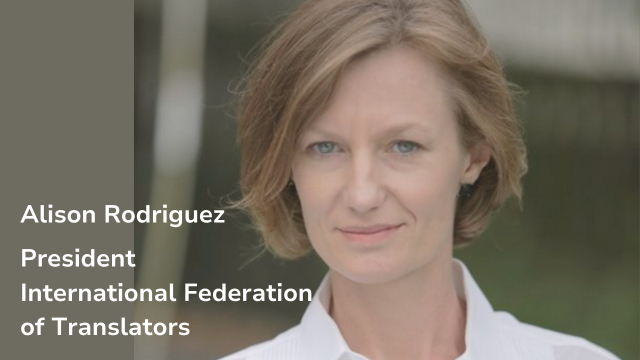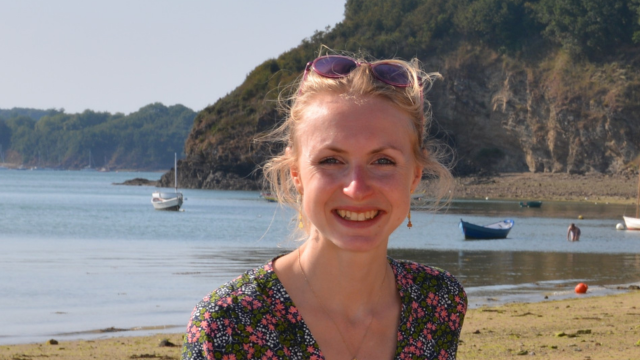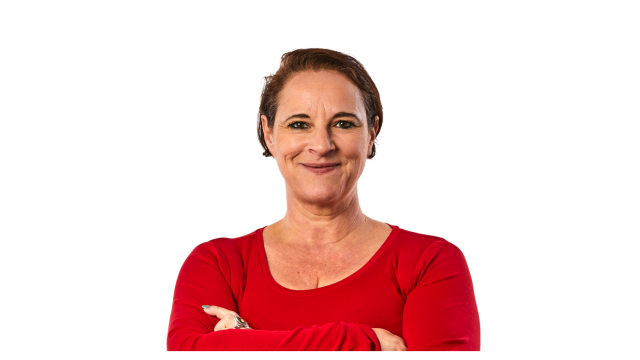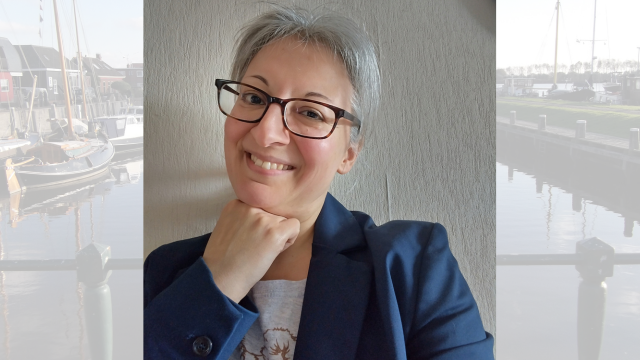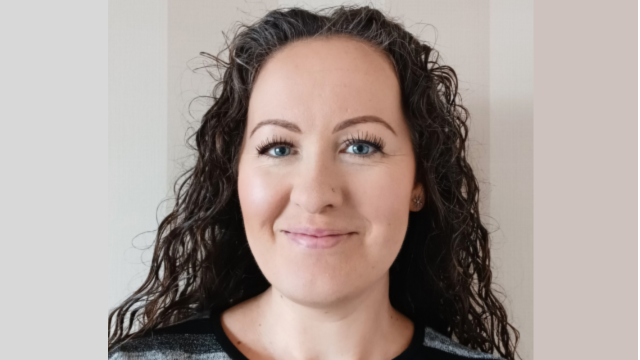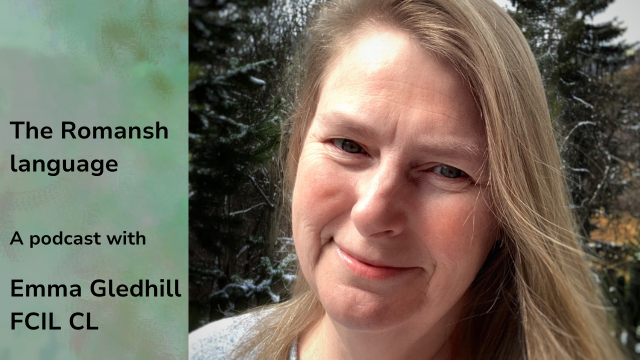-
QUALIFICATIONS
- For Linguists Worldwide
- For UK Public Services
- Preparation
- Policies & Regulation
-
MEMBERSHIP
- Join CIOL
- Membership grades
- NEW for Language Lovers
- Chartered Linguist
- Already a member?
- Professional conduct
- Business & Corporate Partners
-
ASSESSMENTS
- For Second Language Speakers
- English as a Second Language
-
TRAINING & EVENTS
- CPD, Webinars & Training
- Events & Networks
- CIOL Mentoring
-
NEWS & VOICES
- News & Voices
- CIOL eNews
- CIOL Awards
- The Linguist
- Jobs & Ads
-
RESOURCES
- For Translators & Interpreters
- For Universities & Students
- Standards & Norms
- CIOL & AI
- APPG
- In the UK
- UK Public Services
- Find-a-Linguist
Ozge Solak – My personal journey to becoming the highest-scoring DPSI candidate
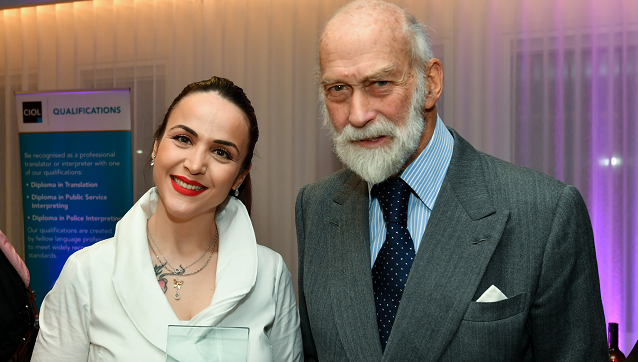
Ozge Solak receives the award for Best Candidate in the DPSI from HRH Prince Michael of Kent at the CIOL Awards
Why did you decide to take the DPSI qualification?
I thoroughly enjoy interpreting and translating, with a passion for law and a desire to practise in the field. With a bachelor's degree in French and English translation and interpretation and a passion for law, I wanted to broaden my horizons further. The DPSI qualification was a natural step towards this goal, given my ambitions of working as a legal interpreter and translator. I had already worked as an interpreter and specialised in Turkish and English law a few years prior, which added further impetus towards attaining the qualification.
How do you feel about being the highest-scoring candidate of the year?
Achieving the highest score and distinctions in all five areas has boosted my confidence significantly. It validates my hard work and dedication. Furthermore, the award will open more doors and bring more opportunities in my career. It was a fantastic feeling, and from now onwards, I'll introduce myself as an "award-winning interpreter and translator."
How did you prepare for the DPSI?
I read legal articles, listened to case studies, and practised simultaneous translation to prepare for the exam. Additionally, carrying out English-Turkish and Turkish-English translations and interpretations frequently and in real-world scenarios helped me prepare for the DPSI.
I would also like to give my teachers significant credit for their dedication and the guidance they provided, both academically and professionally.
How do you see the DPSI benefiting your career?
The DPSI qualification has allowed me to work with some of the best law firms in London. It makes a difference when approaching governmental bodies such as the National Crime Agency, Border Force, and courts. Additionally, I can register with these organisations that prefer to work with qualified professionals. The DPSI validates the thesis that my colleagues in the industry and I are not just interpreters but also possess broad, relevant and valuable legal knowledge - just knowing the language does not make one an interpreter or translator. For instance, when I carry out translation services, I also bear in mind the sociological difference between two languages because a language can carry the culture and history of a nation. This awareness helps me select the best word in the best context.
I encourage potential candidates to pursue the qualification in their field of specialisation, as it is a prestigious platform for career development.
Finally, I want to stress the importance and relevance of our profession in aiding the smooth functioning of all facets of society, from the economy to the justice system and even international trade.
I would also like to thank CIOL for giving me this award, the opportunity and a platform to shine and prove myself.
Ozge Solak won CIOL’s award for Best Candidate in the Diploma in Public Service Interpreting (DPSI), awarded on 24 March 2023.
Click here to find out more about the DPSI, including available languages, dates and how to register.
Views expressed on CIOL Voices are those of the writer and may not represent those of the wider membership or CIOL.
Filter by category
More
The Chartered Institute of Linguists (CIOL), Incorporated by Royal Charter, Registered in England and Wales Number RC 000808 and the IoL Educational Trust (IoLET), trading as CIOL Qualifications, Company limited by Guarantee, Registered in England and Wales Number 04297497 and Registered Charity Number 1090263.

